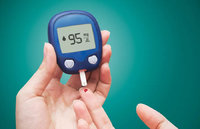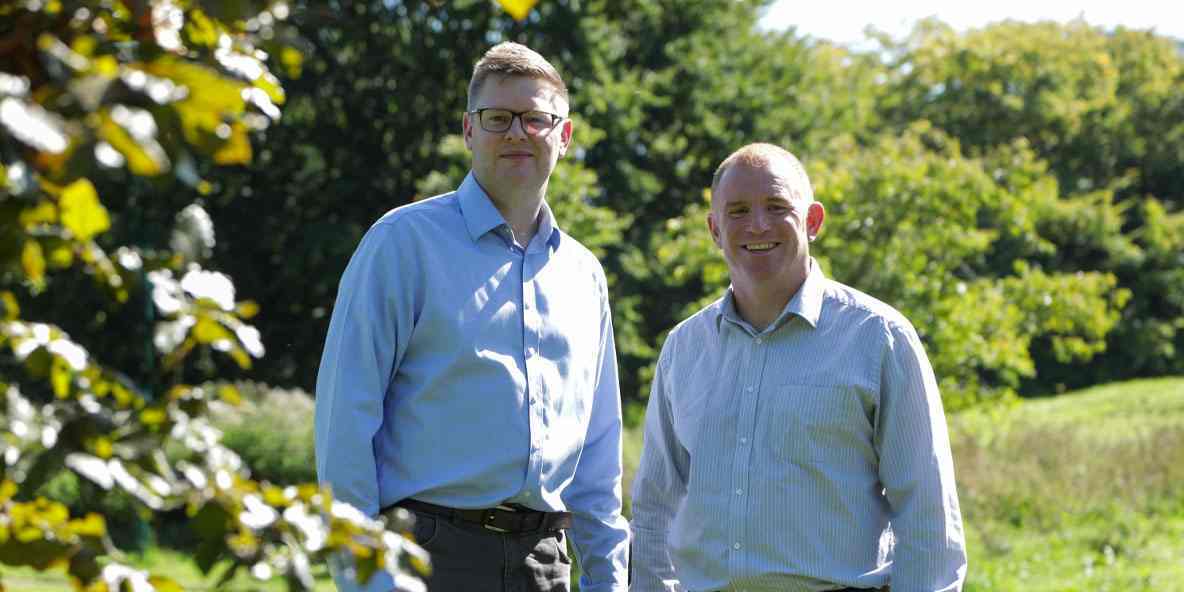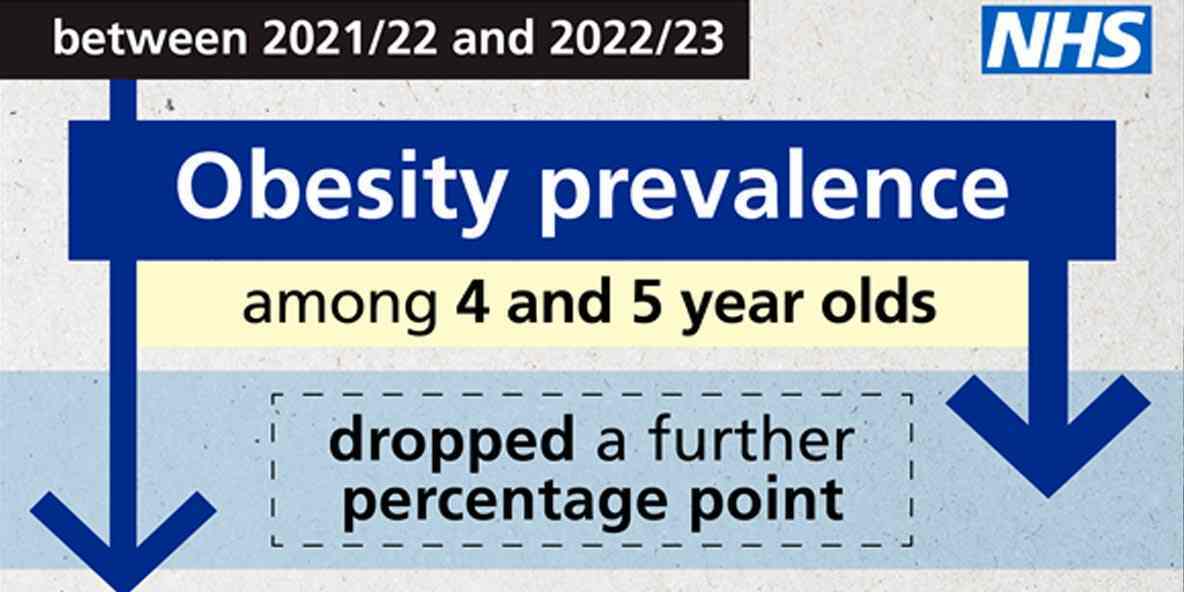
For Diabetes Prevention Week (April 16 – 22), Dr Sheila McCorkindale, clinical lead for diabetes at NHS Salford Clinical Commissioning Group, is urging people to make the most of services available in Salford to make simple lifestyle changes to prevent you from developing diabetes.
In Salford, around 19,600 people are at risk of developing Type 2 diabetes and around 12,300 are already living with it. In addition around 2000 will have T2 diabetes but don’t yet know about it. Diabetes is a serious long-term condition which can lead to complications such as blindness, so it’s really important for people to know their risk, understand what that means and do their best to avoid developing diabetes.
First, it’s really important to find out if you are at risk of developing Type 2 diabetes, or if you may already have it. You can find out by visiting your GP or pharmacy and asking for a test. They will test your blood and weigh you and give you the results.
If you already have diabetes, your GP will recommend the best treatment for you. If you are at risk, it’s important to make a commitment to changing your lifestyle straightway.
Some risk factors you can’t change, but you can help prevent or delay the development of Type 2 diabetes by making simple lifestyle changes, including eating a healthy diet, achieving and maintaining a healthy weight and keeping active.
There are a range of services in Salford which can help you reduce your risk by supporting you to change your lifestyle. One is an exercise programme, led by Salford Community Leisure (SCL). GPs and the Diabetes Care Call Team refer people to the Active Lifestyles Team at SCL, who run a free 8-week personalised exercise programme. Activities include supervised gym sessions, swimming, exercise classes and many other sessions which are specifically designed for people who are at risk of developing type 2 diabetes, click here to find out more.
Another is a new service Salford CCG is currently trialling. This is the Healthier You: NHS Diabetes Prevention Programme. The digital part is a user-friendly website, provided by Hitachi Consulting, which allows patients to record their lifestyle habits and diet over time and shows the impact of their choices on factors such as their weight. This is backed up by a telephone support service called Care Call which is being delivered by Salford Royal NHS Foundation Trust. The Care Call team is made up of expert call handlers who guide patients through a healthy eating programme. As well as regular weight checks and updates, patients are signposted to appropriate services.
NHS England’s Diabetes Prevention Week, which is taking place between 16 - 22 April, is a campaign raising awareness of the causes of Type 2 diabetes and the complications associated with it, to highlight the symptoms and to promote a healthier lifestyle to help reduce the risk of it developing.
There are two main types of diabetes - Type 1 and Type 2. They are different conditions, but they are both serious.
Type 1 diabetes develops when the body’s immune system attacks and destroys the cells in the pancreas that produce insulin. It can develop at any age but usually appears before the age of 40, and especially in childhood. Between 5 and 15 percent of all people with diabetes have Type 1, and it is treated by daily insulin injections, a healthy diet and regular physical activity.
About 90% of people with diabetes have Type 2 diabetes. It develops when the body can still make some insulin, but not enough, or when the insulin that is produced doesn’t work properly (known as insulin resistance).Type 2 diabetes usually appears in people over the age of 40, though as children become increasingly overweight and less active, it is becoming more common in younger people as well.
We all need insulin to live. It does an essential job. It allows the glucose in our blood to enter our cells and fuel our bodies.
You can find out your risk of developing diabetes in just a couple of minutes by using the Diabetes UK risk calculator, click here
To find out more about the Diabetes prevention programme, click here
Edited by KARL











































































Recommended Comments
There are no comments to display.
Create an account or sign in to comment
You need to be a member in order to leave a comment
Create an account
Sign up for a new account in our community. It's easy!
Register a new accountSign in
Already have an account? Sign in here.
Sign In Now